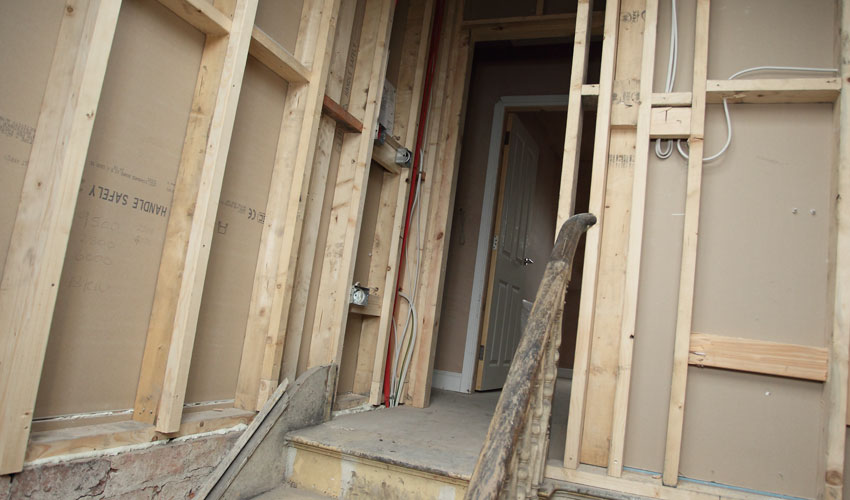
Hull and East Riding of Yorkshire residents are being urged to join the fight against Zombie batteries.
The call comes in a bid to tackle unintended fires in waste collections and at local household waste recycling centres caused by carelessly discarded dead batteries.
The Councils’ waste and recycling partner FCC Environment supports the new national Take Charge campaign.
It is urging consumers to never throw batteries away alongside general rubbish, and to only recycle dead batteries using specialist battery recycling services.
Residents looking to dispose of dead batteries in the Hull and East Riding of Yorkshire areas can take them to one of their local HWRCs or other local collection points.
Dead batteries that are thrown away with other waste and recycling, which the campaign refers to as “zombie batteries”, are likely to be crushed or punctured once the waste is collected and processed.
Some battery types in particular, like lithium-ion (Li-ion) and nickel-metal Hydride (NiMH), can ignite or even explode when they’re damaged.
Once this happens, the batteries can quickly set fire to other materials present in the waste, like paper, leading to serious incidents that put lives at risk.
Although safe to use normally, powerful lithium-ion batteries are typically the most dangerous if they are not recycled properly. These batteries are often found in products like laptops, tablets, mobile phones, radio-controlled toys, Bluetooth devices, shavers, electric toothbrushes, power tools, scooters and even e-cigarettes.
The recycling and waste management trade body, the Environmental Services Association (ESA), which launched the campaign, conducts an annual survey of its members to record the proportion of fires occurring at recycling and waste facilities that are known or thought to have been started by lithium-ion batteries in particular.
Recent data collected by the ESA shows that, between April 2019 and March 2020, lithium-ion batteries alone were thought to be responsible for more than 250 fires at its members’ facilities during the year – or well over a third (38%) of all fires.
Members of the ESA hope that by encouraging the public to recycle batteries responsibly, it will reduce the number of “zombie batteries” present in general waste and recycling, thereby reducing the number of fires in future.
Councillor Chris Matthews, the portfolio holder for strategic property and infrastructure at East Riding of Yorkshire Council, said:
“People may not understand the dangers of putting batteries in their bins, but they are a real fire risk. A year ago, a battery caused a fire in one of our bin lorries and we have had a number of fires at our recycling facilities caused by batteries, so please don’t put any type of batteries in your bins.”
Councillor Anita Harrison, the portfolio holder for waste management at Hull City Council, said:
“Disposing of batteries in the correct way is critical to ensuring the effort that our residents put into the recycling can be maintained.
“Residents can do this by recycling their batteries at the household waste recycling centres in Hull. There are also battery collection points at supermarkets and other major retailers.
“Hull is a city that encourages recycling. We provide a well-used range of services in Hull including three Household Waste and Recycling Centres, and every household is entitled to one free bulky item collection a year of up to five items.”
Consumers can find out more about the dangers of Zombie Batteries, by visiting the campaign website at www.takecharge.org.uk












